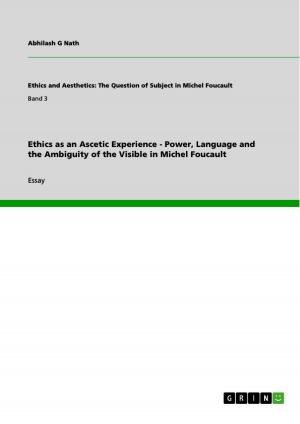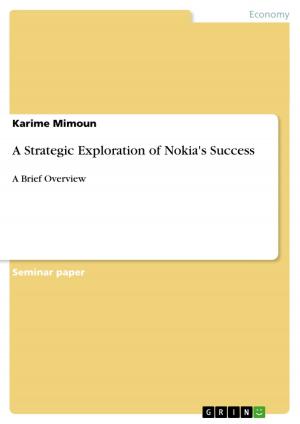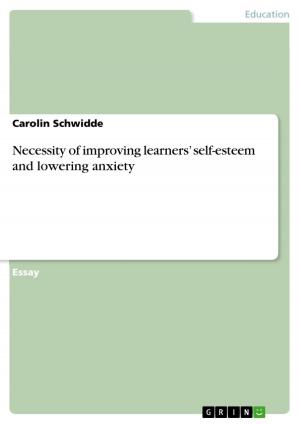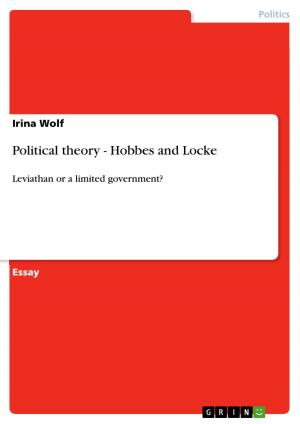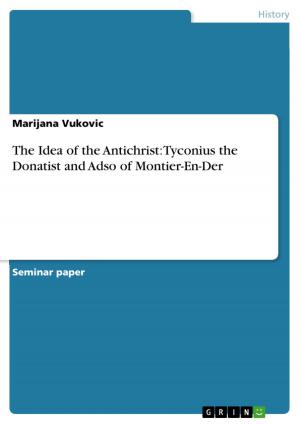Identities of the Dead in the New Testament
Nonfiction, Social & Cultural Studies, Social Science, Sociology| Author: | Hans Ulrich Hauenstein | ISBN: | 9783640375967 |
| Publisher: | GRIN Publishing | Publication: | July 17, 2009 |
| Imprint: | GRIN Publishing | Language: | English |
| Author: | Hans Ulrich Hauenstein |
| ISBN: | 9783640375967 |
| Publisher: | GRIN Publishing |
| Publication: | July 17, 2009 |
| Imprint: | GRIN Publishing |
| Language: | English |
Essay from the year 2009 in the subject Sociology - Miscellaneous, grade: 72/100, University of Bath, language: English, abstract: The New Testament (NT) is a collection of texts produced and received in a complex first century Near Eastern and Mediterranean world linked with Jewish tradition and 'pagan' Hellenistic culture. In this world, as today, people died and were buried and mourned. The question asked in this essay is what we can learn about the ways the identity of the deceased was conceived of in the NT world. By analysing NT texts and linking the results with contextual cultural and social factors, facets of this identity can be found that, however, cannot be harmonised within a closed theoretical framework. This mirrors the divergent worlds and worldviews that shaped even the earliest Christian Church. The archaeological findings imply that in a contemporary cultural perspective the first deceased Christians' identity was mainly a Jewish one. Any further differentiations and extrapolations have to be read against this background.
Essay from the year 2009 in the subject Sociology - Miscellaneous, grade: 72/100, University of Bath, language: English, abstract: The New Testament (NT) is a collection of texts produced and received in a complex first century Near Eastern and Mediterranean world linked with Jewish tradition and 'pagan' Hellenistic culture. In this world, as today, people died and were buried and mourned. The question asked in this essay is what we can learn about the ways the identity of the deceased was conceived of in the NT world. By analysing NT texts and linking the results with contextual cultural and social factors, facets of this identity can be found that, however, cannot be harmonised within a closed theoretical framework. This mirrors the divergent worlds and worldviews that shaped even the earliest Christian Church. The archaeological findings imply that in a contemporary cultural perspective the first deceased Christians' identity was mainly a Jewish one. Any further differentiations and extrapolations have to be read against this background.


